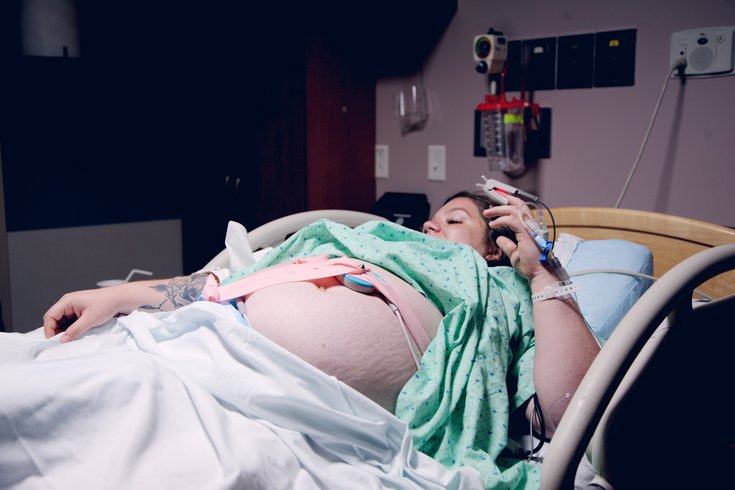
September 30, 2021
 Sharon McCutcheon/Unsplash
Sharon McCutcheon/Unsplash
An epidural is generally considered safe and more effective than other methods to alleviate pain during labor and delivery. New research finds no link between the procedure and a child's risk of autism.
Getting an epidural during labor doesn't increase a woman's chance of having a child with autism, according to two new studies.
Previous research has suggested there might be a link between epidural use during labor and autism in children, but the newest data contradicts the earlier findings.
An epidural is generally considered safe and more effective than other methods to alleviate pain during labor and delivery.
"Parents can be reassured that there is no link between using epidurals and autism spectrum disorder and, based on current evidence, the risk of autism spectrum disorder does not need to be factored into the decision on whether or not to use epidurals during labor," said Dr. Cynthia Wong, chair of the department of anesthesia at the University of Iowa, who wrote an editorial accompanying the research.
Autism spectrum disorder impacts about one in every 54 children in the United States. It is a disorder that affects social skills, behaviors, speech and communication.
The first study included almost 480,000 Danish children. About 19% of them were born to mothers who received an epidural during labor. In seven years of follow-up, the researchers found no link between epidurals and autism risk.
Pamela Feliciano, scientific director of SPARKforAutism.org at the Simons Foundation Autism Research Initiative, told U.S. News & World Report that the risks for developing autism are genetic and environmental. She was not involved in the study.
A second study that included women from British Columbia, Canada, did find a small increase in risk associated with an epidural, but the authors said they couldn't fully control for all the other factors that may increase the chance of a child developing autism.
Autism risk factors include a history of high blood pressure, longer labors, greater likelihood of induced labor, antibiotic use and increased odds that the baby spent time in the neonatal intensive care unit.
When the labor and deliveries of mothers who had two or more babies during the study period were compared, that risk disappeared.
Autism tends to run in families, but the genetic risk factors aren't completely understood. Previous studies have shown that most people with autism have severe expression recognition deficits.
Signs and symptoms of autism include an inability to make eye contact or demonstrate facial expressions. They include difficulty communicating and recognizing non-verbal cues. Children with autism often also have a sensitivity to light, sound, touch or taste and tend to fixate on specific objects or activities.
Both studies were published in the Journal of the American Medical Association.